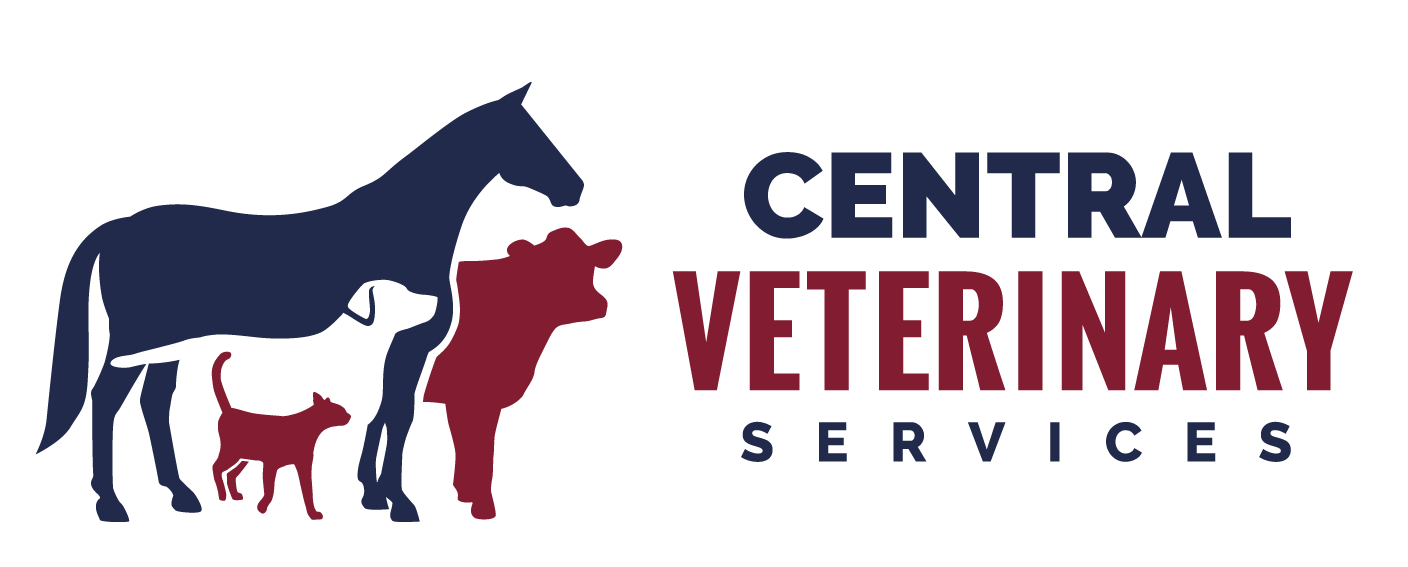If you belong to any pet-related social media groups, participate in pet-health forums, or simply have a Facebook account, you may have come across recent discussions regarding Grain-Free Diets and Dilated Cardiomyopathy (DCM). This is a hot topic amongst pet owners and veterinarians alike and with good reason. Within the last year and a half, the US Food and Drug Administration has declared an undeniable spike in the number of reported cases of DCM. And the FDA was not alone. Veterinarians across the country, including veterinary cardiologists, were starting to notice more cases of DCM in their practices that fell outside the scope of genetic predictability. As the veterinary profession collectively wondered what could be causing the spike in DCM cases, a common denominator was found: An unusually high number of patients affected by DCM, were also being fed a grain-free diet.
What is Dilated Cardiomyopathy?
DCM is a disease of the heart muscle. It occurs in both dogs and cats, though they stem from different causes. DCM typically forms due to a genetic predisposition and is most common in breeds such as Boxers, Great Danes, and Irish Wolfhounds. The disease causes stretching of the heart muscle, which in turn interferes with the heart’s ability to adequately circulate blood within the body. The muscle stretching causes the heart chambers to dilate, hence the term “dilated cardiomyopathy.” Symptoms are that of heart failure – fluid accumulation in the lungs, arrhythmias, fainting, coughing, and exercise intolerance. In cats, this type of disease usually occurs due to a nutritional deficiency of the amino acid taurine, however, symptoms are typically the same. Cats are not currently affected by the type of DCM described below.
The ABC’s of Diet Associated DCM
Now we all know the questions you’re dying to ask, so I’ll ask them for you: Will a grain-free diet cause heart failure in my pet? Can I trust the pet food industry? My answers to you are: “Not necessarily”, and, “yes, but…….”
So let’s break it down. At this point in time, we know there is a CORRELATION between grain-free diets and a higher risk for the development of DCM. A correlation simply means that there is a relationship between two or more things, however, one does not necessarily cause the other. But we know that they are occurring together, and so we investigate further to look for the common link between the two factors. We know that grain-free diets usually contain a high proportion of peas, legumes, potatoes, and other similar ingredients as replacements for traditional grains such as rice, wheat, corn, etc. Some of these diets also have “exotic” protein sources such as duck, salmon, or kangaroo. I mention this because it all comes into play when we remember our key term: Correlation. Do chickpeas and duck meat causes DCM? No. Have we observed a relationship between diets containing chickpeas and duck meat (and similar ingredients) to the development of DCM? Yes. Some experts suggest that the bioavailability of nutrients in some ingredients is not as high as in more ‘traditional” ingredients. Others suggest that certain ingredient combinations may make some nutrients more difficult to absorb in the digestive tract. Needless to say, it is likely multifactorial.
And now for your second question, “Can I trust the pet food industry?”. Yes, but…..quality and education are key! We all remember the recent recall on Romaine lettuce. A problem was identified, the consumer alerted, and corrective actions were taken. I would wager that very few people decided to never return to a grocery store again, no less denounce Romaine lettuce for life. In a day and age where marketing is a dominating force, we need to ensure vigilance when it comes to making choices regarding something as important as our pets’ nutrition. The popularity of grain-free diets peaked at a time when gluten-free human foods were at the forefront of every health food’s next advertisement. It is important to be cognizant of advertising ploys that are meant to attract the consumer on the end of the leash. For this reason, gravitating towards pet food companies that employ nutrition teams, consisting of veterinary nutritionists is of utmost importance. Look for companies that hold themselves to the highest standards of quality control, nutritional guarantees, and scientific data for the diets they recommend. As a veterinarian, I value the ability to call a pet food company, and speak directly to an expert nutritionist regarding any aspect of their diets.
Now what?
Another great question. For the time being, we do not know why dogs on grain-free diets are developing DCM. We simply know that it is happening at a statistically higher rate than expected. For this reason, unless there is a medically specific reason for your dog to be on a grain-free food (and there aren’t many), we are recommending that you avoid grain-free diets until more is known about the mechanism of the disease. There are many nutritionally balanced commercial diets available and your veterinary team is more than happy to discuss a multitude of options in order to find the best diet for your dog. While we are on this subject, a brief word of warning regarding homemade diets: homemade diet recipes should always be designed by a veterinary nutritionist to ensure they are balanced and suitable for a long-term nutritional plan. We happily work with an excellent company that provides complimentary diet consults to ensure that our patients’ nutritional needs are met. It’s not as simple as cooking a meal of steak and potatoes for your dog. We are always more than happy to help you ensure that they are receiving the best in nutritional expertise.
Post Written by Dr. Samyra Stuart-Altman.
Learn more about Dr. Samyra Stuart-Altman here.


